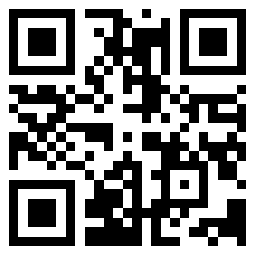
Human cytotoxic T-lymphocyte-associated protein 4 (CTLA-4) is a member of the IgG superfamily. It encodes a 223 amino acid protein and possesses a single extracellular V domain, a transmembrane domain, and a cytoplasmic domain. CTLA-4 is ~30% homologous with CD28, and both bind to the same ligands (B7-1/CD80 and B7-2/CD86) although CTLA-4 binds with higher affinity than CD28. Parallel recognition of a specific MHC-peptide complex by the T-cell receptor and of CD80 or CD86 by the costimulatory receptor CD28 results in T cell activation, cytokine production, proliferation, and differentiation. After the T cells' activation process and upregulation of CTLA-4, co-ligation of the TCR to the MHC-peptide complex and CTLA-4 to its ligands results in cell cycle arrest and ends T cell activation. It has been suggested that the negative regulatory mechanism of CTLA-4 is mediated through trans-endocytosis of CD80 and CD86 (capture of ligands from opposing cells). The ligands are removed from the original cell and degraded inside of CTLA-4-expressing cells. As a result, the action of CD28 is impaired. Alternative splice variants of CTLA-4 have been described in mice and humans that have transcripts that skip exon 2 (ligand-binding domain) or exon 3 (transmembrane domain). The ligand independent CTLA-4 is expressed in mice, but not in humans, and soluble CTLA-4 (sCTLA-4) is expressed in mice and humans. CTLA-4 is constitutively expressed by Tregs, and they are an important source of sCTLA-4. It has been suggested that sCTLA-4 potentiates regulatory T cell function. High levels of sCTLA-4 in Tregs have been associated with type 1 diabetes (T1D) and other autoimmune diseases, such as Grave's disease and myasthenia gravis. Also, CTLA-4 has been linked with proliferation and survival of chronic lymphocytic leukemia. CTLA-4 is a target for therapeutic intervention; in fact, a monoclonal antibody against CTLA-4 (Ipilimumab) has been approved for the treatment of melanoma.
Product Detailsebiomall.com






>
>
>
>
>
>
>
>
>
>
>
>
抗人球蛋白试验,又称Coombs’试验,是诊断自身免疫性溶血性贫血(AIHA)的重要依据。
正常人直接与间接试验均为阴性,Coombs’试验阴性有时并不能排除AIHA









